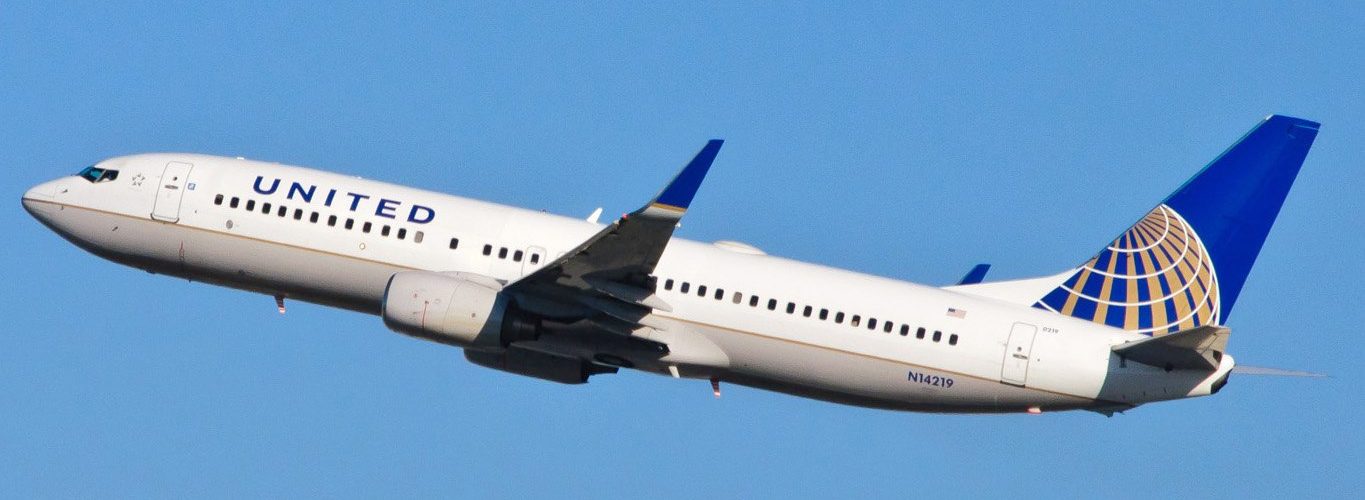“Businesses must use the War Game Process to make sure that they have plans that stand up to the harsh glare of public scrutiny and the unyielding repetition of social media.”
It seems like the last thing that United Airlines needs is a lesson from the military after its “passenger re-accommodation” fiasco, its public relations mishandling of the situation, and the overall tone deaf response, when, in fact, United Airlines and other high touch, high stress customer-facing businesses desperately need to use the military War Game Process.
The goal of the War Game Process is to use the dry run execution of your draft business plan to determine your competitor’s strengths and weaknesses, and then take that information to create an improved business plan that has the highest chances of success.
The War Game Process is intended to be a very detailed interplay of your business plan versus the competition’s plan to ensure that the friendly business plan has the best chance of success. In a military war game, the military force arrays all its primary and supporting forces against the enemy and then enacts the phases of its military operation, while doing its best to “play” the enemy and anticipate the enemy’s effects on the friendly plan. The outcome of the War Game Process is a military operation that has been tested against the expected enemy’s actions to create a better plan that will succeed.
The key part of the War Game Process that United Airlines must learn is the technique that ensures a plan allowing the business to anticipate when things do not go right. The vast majority of businesses with similar procedures, processes, and set-play customer interactions
The War Game Process uses a step called “Branches and Sequels” that helps leaders understand when their plans take a turn for the worse. This step for United Airlines and others looks to understand, plan, and anticipate what to do when passengers do not take the maximum amount of compensation or do not release their seat according to airline policy. The central aspect of the War Game Process is the fact that a team must have a coherent, robust, and engaged discussion that creates a new plan for how to deal with a very difficult set of circumstances.
The War Game Process is an excellent, cost effective, and quick way to test business plans in their effectiveness prior to execution. War games have many structural rules that, when followed, keep the War Game Process timely, strategic, and moving along. Strong war games make business plans better because they fully incorporate the business’s best opinions concerning what the competition will do to defeat their business plan, while incorporating that knowledge to create safe guards and counter measures to ensure the success of the business plan.
Businesses must not seek to criticize United Airlines because the plight of the organization could have been and has been the plight of hundreds of other businesses. Businesses must use the War Game Process to make sure that they have plans that stand up to the harsh glare of public scrutiny and the unyielding repetition of social media. The War Game Process is present so businesses can create innovative and resilient playbooks that maintain their brand, maintain their business models, and, most importantly, respect their customers when their business processes go temporarily awry. The War Games Process is a vital business step to ensure success in a complex, chaotic world.

















